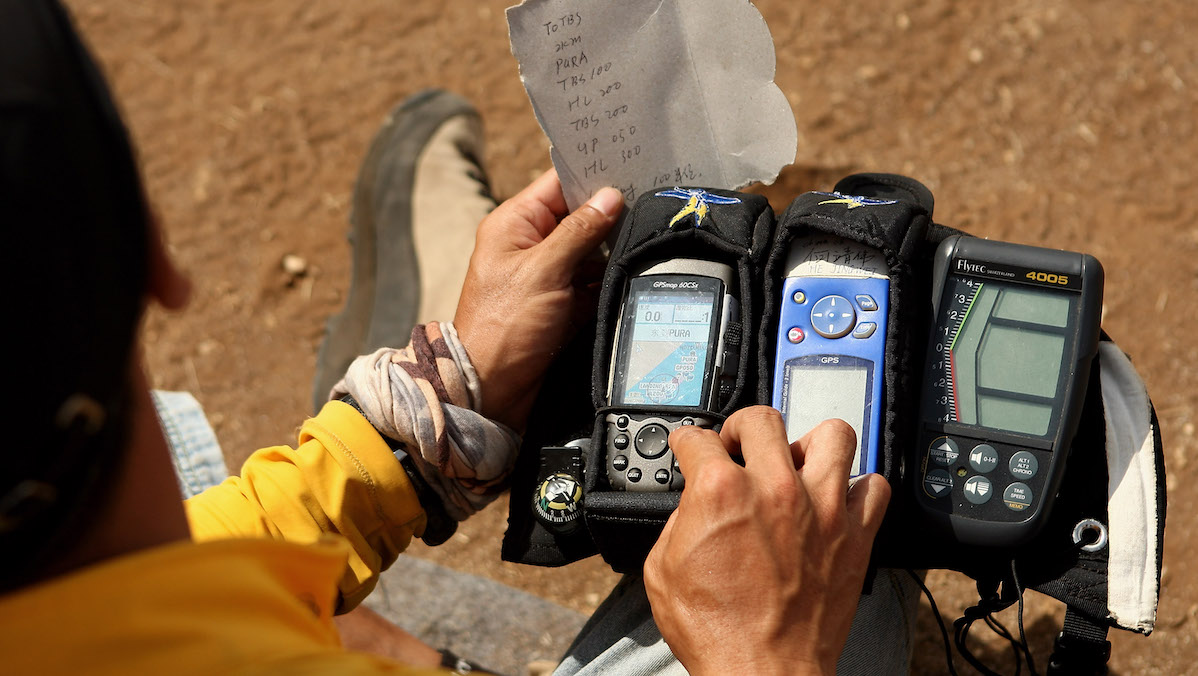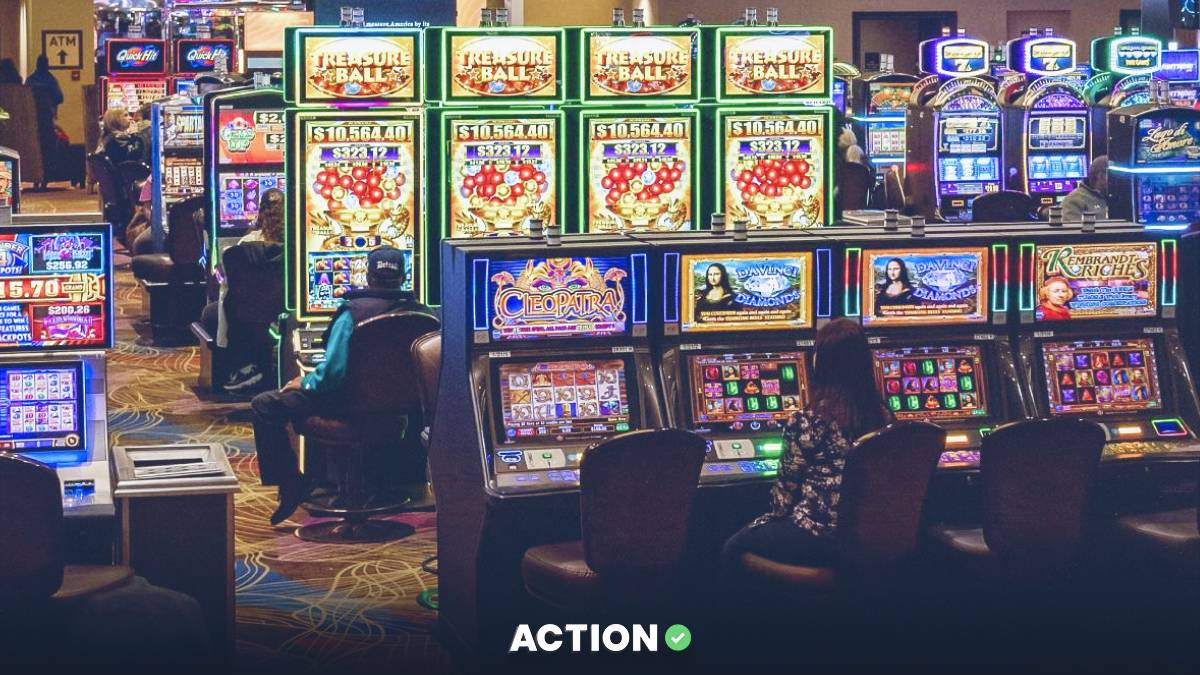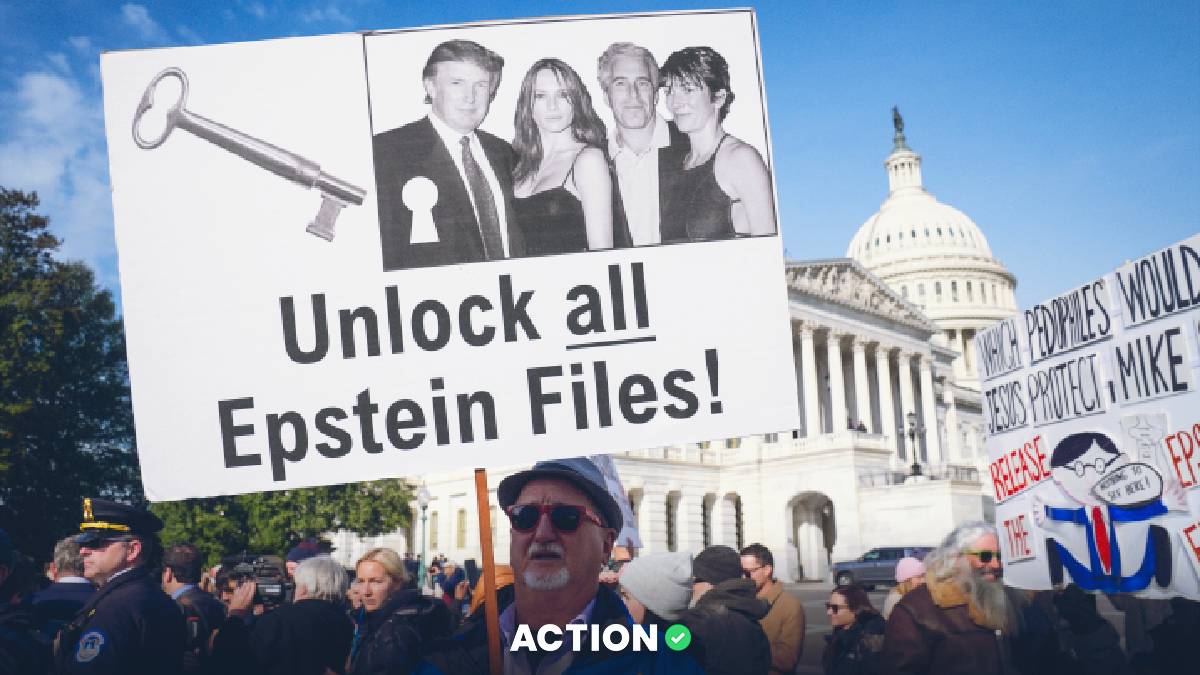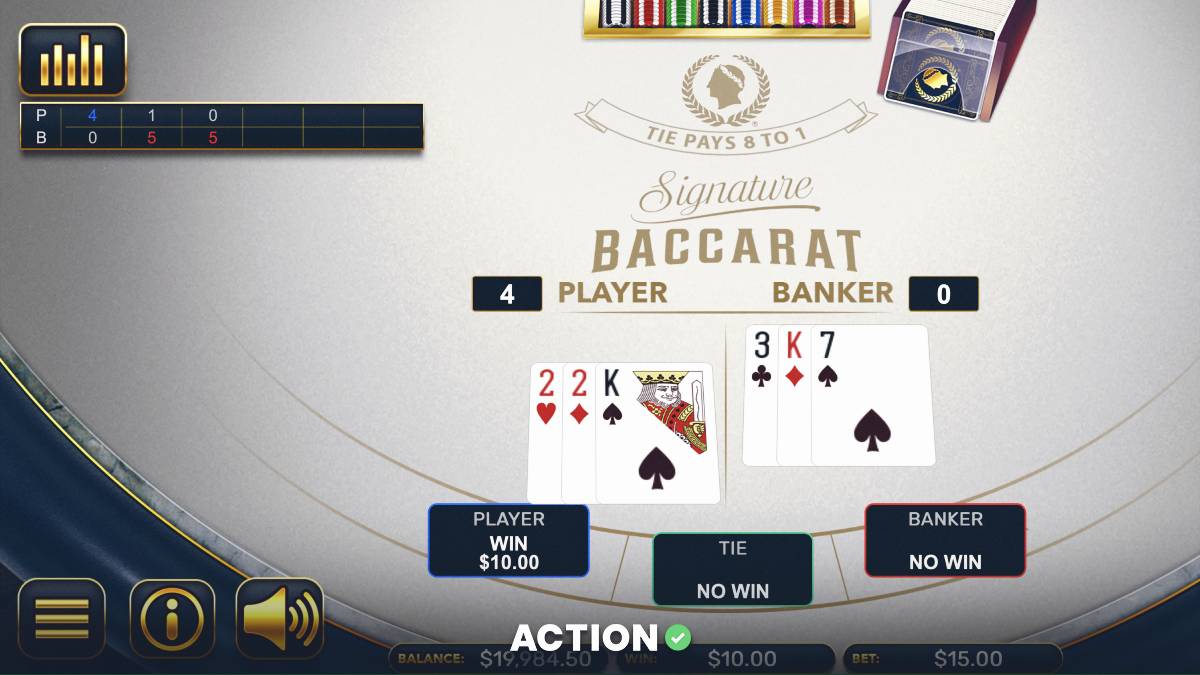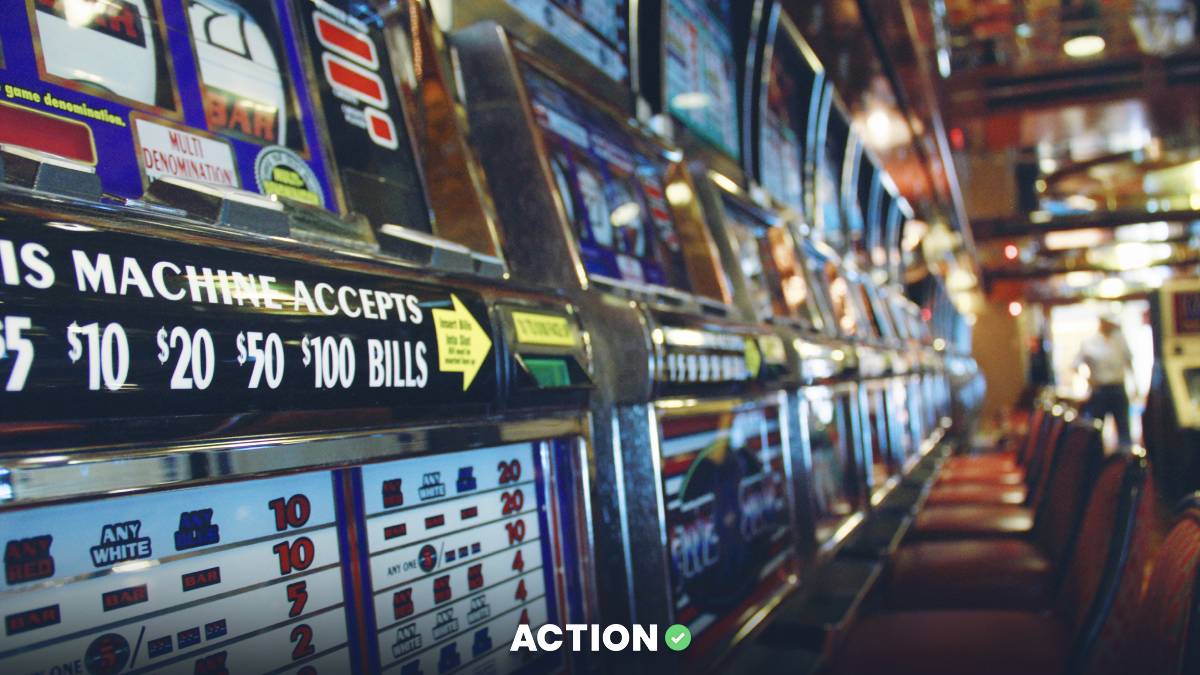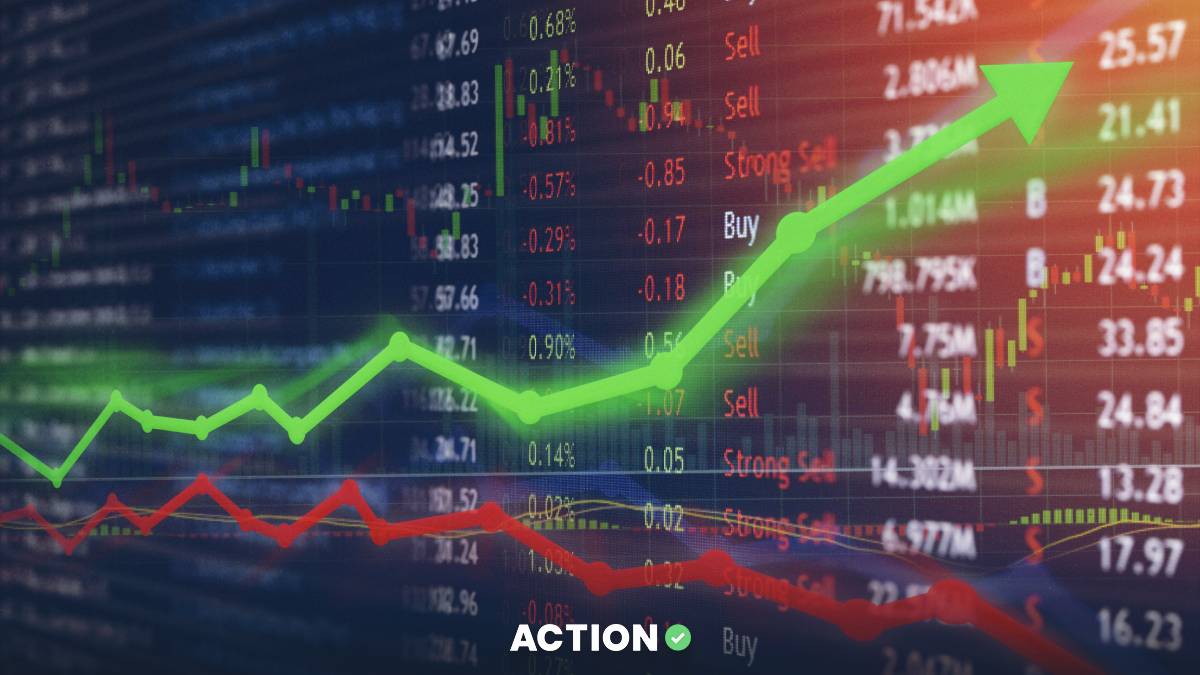LexisNexis is a company that’s instantly recognizable to journalists and lawyers who’ve used its database to look up obscure articles and cases, among other pieces of otherwise tediously located information.
Likewise, for the past eight years, Radar has become a significant player in the general geolocation space, keeping track of customers’ whereabouts for the likes of Dick’s Sporting Goods, Panera Bread and T-Mobile.
Less known is the fact that these two companies have recently made inroads in the gaming space, a reminder of which was provided by a recently announced partnership that will find Radar adding its geolocation technology to LexisNexis Risk Solutions’ ThreatMetrix product.
"We met with them at G2E last year and they were thinking of a geolocation offering as part of their suite,” Radar CEO Nick Patrick said of the partnership’s genesis. “We really hit it off.”
That may have been because, unlike many of the participants in Nevada's annual Global Gaming Expo, both Radar and LexisNexis Risk Solutions (technically a separate entity from LexisNexis, although they share an owner) have their toes in the ponds of multiple industries.
“It’s an interesting parallel,” said Patrick, who, coincidentally, spoke to Action Network while attending this year’s edition of G2E. “We are a geolocation company, not a gaming company. We power geolocation for a couple hundred partners across retail, gaming, payments. We look for partnerships and ways to get to market faster, so that was definitely aligned. We think about how geolocation can solve problems. They think about KYC (Know Your Customer) and risk not just in the gaming space, so I do think there are some parallels."
Stopping Spoofing & Fraud
Sean Britt is senior director of LexisNexis Risk Solutions, an arm of the company that’s been in existence for some 30 years. In that time, it’s served the financial and e-commerce sectors, among others, and it branched into gaming about 10 years ago.
To date, LexisNexis’ activity in this space has mainly revolved around verifying customers’ identities when they open an account on a given gaming platform. (When asked which platforms LexisNexis works with, Britt would not name names but said, “If you rattle off the top five or six online gaming operators, we have relationships with all of them.)
"Prior to our relationship with Radar, we weren't in that daily transaction space,” said Britt. “We looked for a partner because a lot of the fraud today happens at account registration — synthetic fraud, synthetic IDs, people signing up with fake names. We catch a lot of that up front, but once the account is originated, there's a lot of fraud that can take place post-origination.
“Account takeovers are a good example of that. It's been sitting there for six months and there are no concerns. Then, all of a sudden, someone was able to gain credentials to that account. They've taken over the account, they're placing wagers, draining funds.
“Where we sit, we typically can't prevent that. With the partnership with Radar, with the geofencing, now that we're processing that, now we can do fraud checks on top of that 'yes' or 'no.' I'm physically right now sitting in the state of Georgia, which doesn't allow sports betting. But I can spoof my location (via VPN). The Radar technology can detect that spoofing and block that wager."
Describing how LexisNexis’ ThreatMetrix product will work now that Radar’s technology has been incorporated, Britt said, "Not only do we have the solutions to identify the physical identity, but also the digital identity. As you're logging in, ThreatMetrix is sitting behind the scenes. We're profiling that device, capturing some of that information off of that phone. In the app, you give permission to do things like that.
“Now that we have the Radar technology in there as well, we do that compliance check as well as that login check. We're looking at the information being entered into the operator app.”
Two Sides of a Flexible Coin
The LexisNexis partnership is the second major collaboration Radar has announced in recent months as it seeks to make inroads into the suddenly crowded gaming geolocation environment, with the first coming when it linked up with IC360.
Despite (or, perhaps, because of) such credible partners, Radar’s opponents have sought to portray its flexibility as tantamount to a lack of focus.
“Gaming is full of nuances and idiosyncrasies. You can’t just take a solution that works for Dick’s Sporting Goods and Panera Bread and apply it to our industry,” Xpoint CEO Manu Gambhir told Action Network sister site Sports Handle this past July. “All we do is just gaming. We are never gonna get into anything else. We’re solely focused on the needs of this particular space. I wish them (Radar) luck. They’re good guys and friends also.”
But Patrick views the broader swath his company cuts as a strength, not a weakness.
"We feel like we're going after a much bigger opportunity than just sports betting,” he said. “I think geolocation is very underutilized in gaming because folks just think about it from a compliance perspective. There's so much more you can be doing — collecting location data to improve the player experience and be smarter.
“We just hired a head of gaming operations who used to work at bet365. We came into the space with a ton of scale and enterprise readiness. We've been around for eight years; we power geolocation for Panera, T-Mobile, Dick's Sporting Goods. We can offer services at a much lower price point.”


